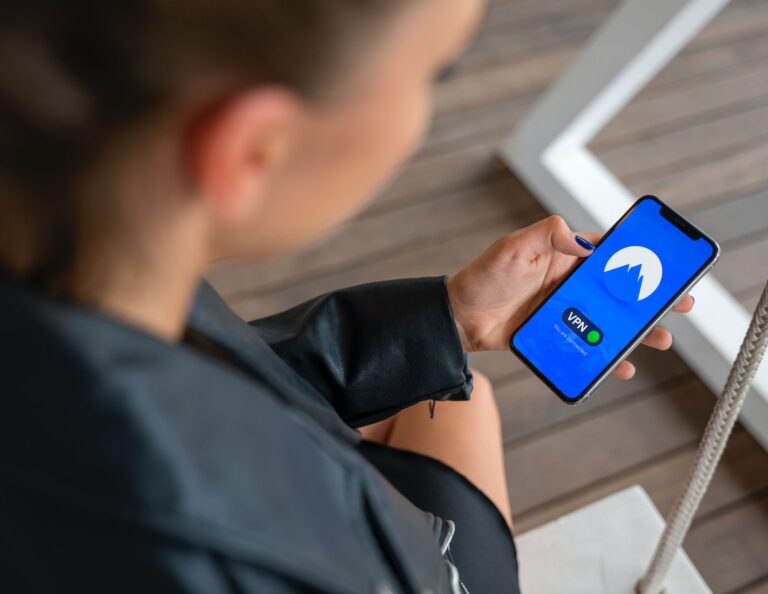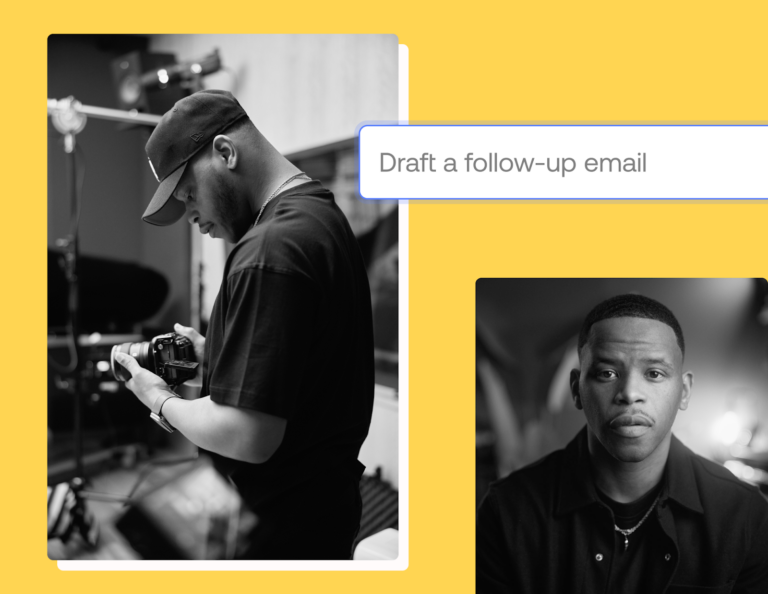.jpg)
Want to connect with new customers? Share the success stories of your past customers.
When people are making big purchases—especially for luxury services like photography—they want to know they can trust the company they’re hiring. Because so many people naturally distrust marketing, they look for evidence of your trustworthiness from other people who are just like them.
That’s why people buy from major brands: they know other people buy that brand. There’s relatively little risk.
As you’re starting out your small business, what others say about you can make or break your business. So make word of mouth a powerful tool in your favor!
Here’s compelling evidence for why you need customer testimonials, and tips for getting more testimonials from your satisfied customers.
Why are testimonials so effective?
For you, the business owner, testimonials are awesome words of satisfaction that turn website viewers into clients! Testimonials are little sublime messages that reinforce how amazing your work is and why working with you is so fantastic.
But outside of boosting your ego, why are testimonials so important to your prospective customers?
Testimonials are Social Proof
Humans are social creatures. And like it or not, we’re all pretty easily influenced by others. The biggest reason testimonials are so effective is that they offer social proof.
When we see other people doing something, we are biased to believe that’s the right thing to do. You may have also heard this described as ‘herd behavior’ or ‘pack mentality’.
The psychology of testimonials is that we, humans, are always looking for positive affirmation to our future choices.
So if there’s enough evidence that other people are using your products or services, prospects will be more persuaded to work with you.
Testimonials are Endorsements
Put yourself in your future client’s shoes. Would you like to know from a third party what it’s like to work with you? Of course you would!
Testimonials from your clients give prospects real stories about how you helped real people.
But testimonials don’t just provide evidence that yes, you have real customers. They also give evidence for how you made someone’s life better or solved a problem for them.
In other words, you provided so much value to someone that they were willing to go out of their way and take time out of their busy life to say something nice about you.
What’s better marketing than that?
Sean D’Souza from Copyblogger made the perfect analogy for this. Testimonials are a lot like the references on your resume. Like your marketing materials, your resume is going to say nothing but great things about you. Your references are an opportunity for people to fact-check those claims. Testimonials play the same role.
Testimonials are Emotional
Testimonials create an immediate emotional bond with your prospects.
Imagine a wedding photography testimonial that says, “Jenny did an amazing job capturing our special day. We’ll treasure these photos of our family forever. And she was fun to have around! We can’t thank her enough.”
There’s nothing in there about packages or prices or logistics or value—it’s pure emotion. The testimonial sparks prospects to think about what it feels like to work with you.
Testimonials are Effective
If you don’t believe me yet, there are plenty of cold-hard facts that prove testimonials work.
Here are a few stats that make the case for testimonials:
- 94% of consumers say positive reviews make them more likely to use a business. (BrightLocal)
- 79% of consumers trust online reviews as much as a personal recommendation from a friend of family member. (BrightLocal)
- Customers that read reviews or testimonials are 58% more likely to convert. (BigCommerce)
- Websites with customers generate 62% more revenue per site visitor. (BigCommerce)
What makes a good testimonial?
Even though testimonials are key to an effective marketing strategy, not all testimonials are created equal. We all have pretty strong BS detectors, and most testimonials are overly fluffy.
Consider this testimonial:
“Working with Amy is great! She is very professional and takes amazing photos. I highly recommend her!”
What did I gain from reading that? Nothing. It could have been written by anyone about anything.
Compare that with this:
“I was struggling to find a photographer that understood the style we were looking for. We didn’t want anything too cheesy, as that’s not really us. As soon as I met Amy, I knew she just got it. She helped us feel relaxed. It was a lot of fun. I’d recommend Amy to anyone.” – Kim F.
This testimonial is much more persuasive. It expresses some apprehension, sounds like a real person, frames the challenge Kim was having, and explains how Amy exceeded her expectations.
So what makes a good testimonial?
- Authenticity
- A trustworthy source
- Unique perspective or value
- Natural language
- Specific details
- Narrative arc
- The client’s name and picture
How to get client testimonials
When your clients are done with your experience, do you ask for a testimonial? If the answer is no, we have to change that right away.
You can’t let a happy client leave without telling the world how great you are!
Ask for the testimonial right away
The best way to ask for testimonials is right after you deliver your products. At that moment, your clients are over the moon with how amazing they look in the photographs, and are filled with satisfaction and gratitude. I always ask both verbally and via email as a reminder.
I only ask once for a testimonial. Don’t turn this into a tedious task for your clients. Most of them will do it right away, and some others will forget – so just keep this casual. You don’t want to turn a fabulous experience into a not-so-good one with your nagging.
Automate your testimonial workflow
It’s easy to say in this blog post that you should ask for a testimonial right away. But we’re all busy. It’s easy to forget “extras” like asking for a testimonial when you’re always playing catch-up.
To make sure you don’t forget, use an automated email workflow like those provided by HoneyBook Automations using a client workflow automation software.
You can pre-write the email asking for a testimonial, and then automate it to send at a particular time, like 1 day after you deliver the service. This way, you’ll never forget to ask.
Make it easy for your clients
The easier you make this for your clients, the more testimonials you’ll get. So when I ask customers for testimonials, I let them know exactly where they can submit a testimonial.
For example, I tell my customers they can either provide a testimonial over email, but I also provide direct links to my company listing on various review platforms like Facebook, Google My Business, WeddingWire, Yelp, and so on.
Give your clients some inspiration
The way you ask for a testimonial can be the difference between a testimonial you can’t really use and a testimonial that does wonders for your business.
Sean D’Souza of CopyBlogger recommends asking these six questions to get great testimonials:
- What was the obstacle that would have prevented you from buying this product?
- What did you find as a result of buying this product?
- What specific feature did you like most about this product?
- What are three other benefits of this product?
- Would you recommend this product? If so, why?
- Is there anything you’d like to add?
By asking customers to start with obstacles, you end up with testimonials that frame your business as overcoming typical objections a potential customer may have—whether it’s being worried about price, quality, or something else.
The rest of the questions will guide your customer into providing a testimonial that is rich, personal, and compelling.
Reuse testimonials on your website
Every time a testimonial is submitted on a review platform, I grab the most powerful parts and add it to my website. I don’t always use the whole testimonials because I want to keep it to only the most compelling parts.
This way, I’m able to constantly update my website with new reviews!
Start selling more with better testimonials
There you have it. Now it’s on you to make the changes and adjustments you need to your testimonial process.
Remember: Think. Plan. Implement.



